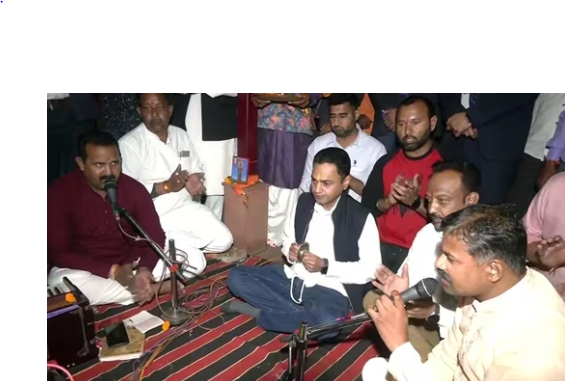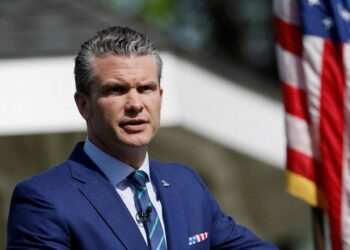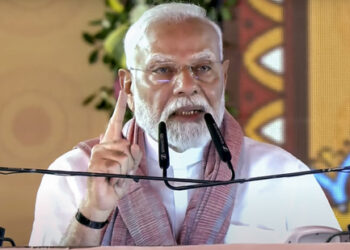In the corridors of Indian politics, the emergence of Nakul Nath, the son of senior Congress leader Kamal Nath, has been marked by both intrigue and scrutiny. With a reported net worth of ₹660 crore, Nakul Nath has not only inherited his father’s political mantle but also a considerable fortune. As a Lok Sabha Member of Parliament from the Chhindwara constituency in Madhya Pradesh, his rise in the political landscape has sparked debates regarding the intersection of wealth and power in Indian democracy.
Nakul Nath’s political journey began to gain traction when he secured victory in the 2019 general elections, succeeding his father Kamal Nath in the family stronghold of Chhindwara. Riding on the legacy of his father, a veteran politician with decades of experience, Nakul entered the political arena with considerable clout. However, it’s not merely his familial ties that have propelled him; his wealth has also garnered attention and raised questions about the sources of his affluence.
With a reported net worth of ₹660 crore, Nakul Nath finds himself among the wealthiest members of parliament. His financial assets, which include stakes in various businesses ranging from real estate to hospitality, have come under scrutiny from political opponents and watchdogs alike. Critics argue that his vast wealth signifies a deeper connection between money and politics, potentially influencing policy decisions and electoral outcomes.
Despite the controversies surrounding his wealth, Nakul Nath has been proactive in his parliamentary duties, advocating for the development of his constituency and addressing pertinent issues affecting the region. His efforts to improve infrastructure, healthcare, and education have earned him praise from supporters while simultaneously deflecting criticism over his financial background.
In response to queries about his wealth, Nakul Nath has maintained transparency, declaring his assets as required by law. He asserts that his business ventures are legitimate and have contributed to the economic growth of his constituency. Nevertheless, the disparity between his immense wealth and the socio-economic conditions of his constituents remains a point of contention for many.
As Nakul Nath continues to navigate the complex landscape of Indian politics, his substantial wealth serves as both a source of influence and a subject of scrutiny. The intersection of money and power in politics is a perennial issue in democracies worldwide, and Nakul Nath’s prominence underscores the need for greater transparency and accountability in political affairs.
In the coming years, the trajectory of Nakul Nath’s political career will undoubtedly be shaped by his ability to balance the responsibilities of governance with the demands of public scrutiny. Whether he can effectively address concerns surrounding his wealth while advancing the interests of his constituents remains to be seen, but one thing is certain: Nakul Nath’s journey in Indian politics is one to watch closely.








 India
India












